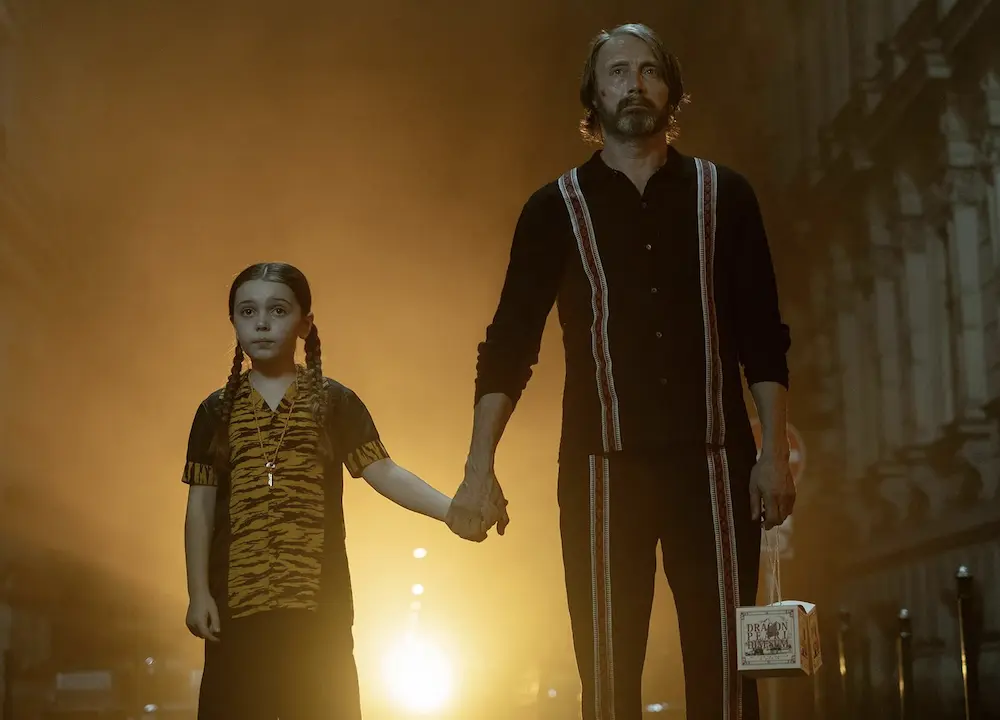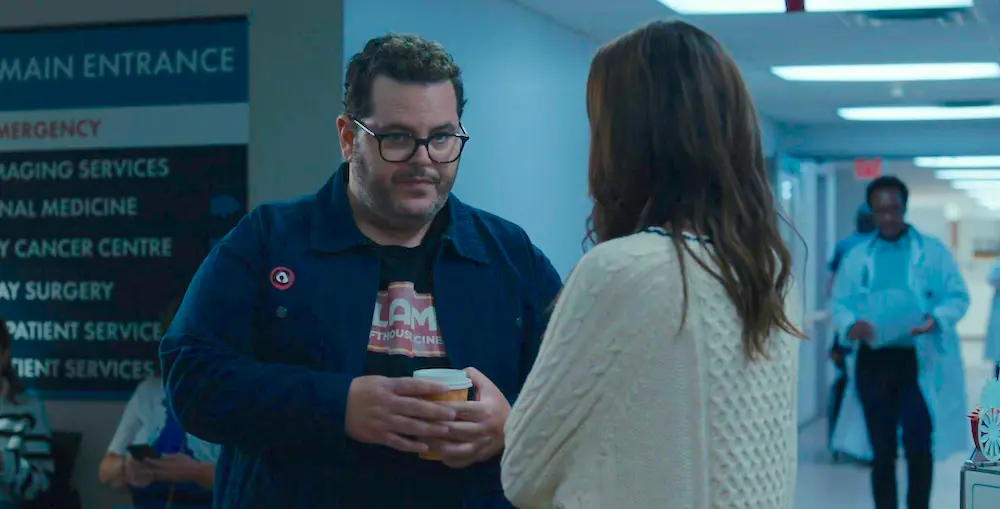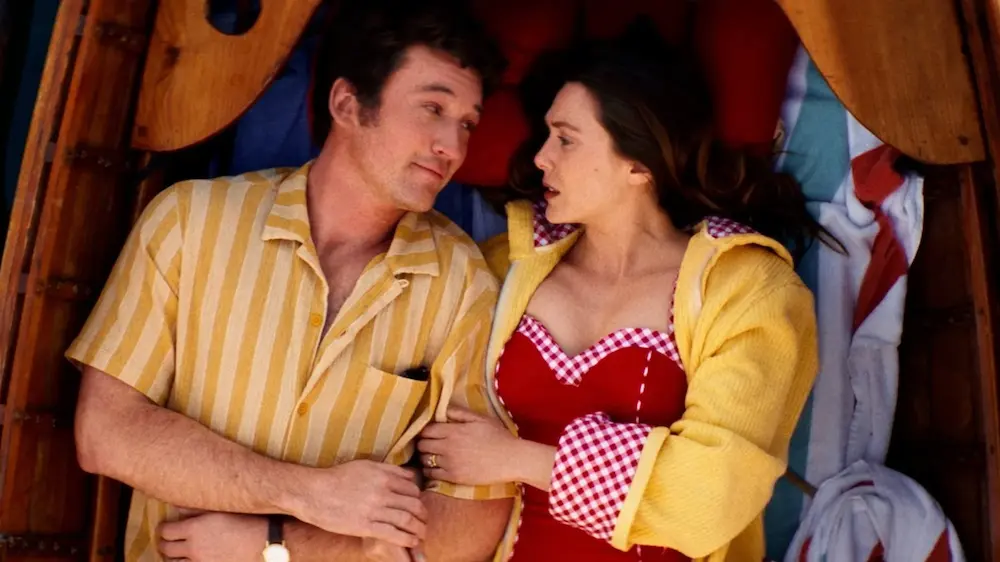Anticipating backlash for reviewing the 1990 monster rom-com hit, “Pretty Woman,” let me preface it by pointing out that “Pretty Woman” is a bona fide Cinderella archetype. This archetype resonates off the charts with the world’s women—more than 700 versions of the Cinderella story exist, spanning the globe. The first version of Cinderella was found in ninth-century China. It’s also the Pygmalion archetype.

Mark Jackson
Film Critic
|Updated:
Mark Jackson is the senior film critic for The Epoch Times and a Rotten Tomatoes-approved critic. Mark earned a bachelor's degree in philosophy from Williams College, followed by classical theater conservatory training, and has 20 years' experience as a New York professional actor. He narrated The Epoch Times audiobook "How the Specter of Communism Is Ruling Our World," available on iTunes, Audible, and YouTube. Mark is featured in the book "How to Be a Film Critic in Five Easy Lessons" by Christopher K. Brooks. In addition to films, he enjoys Harley-Davidsons, rock-climbing, qigong, martial arts, and human rights activism.
Author’s Selected Articles




